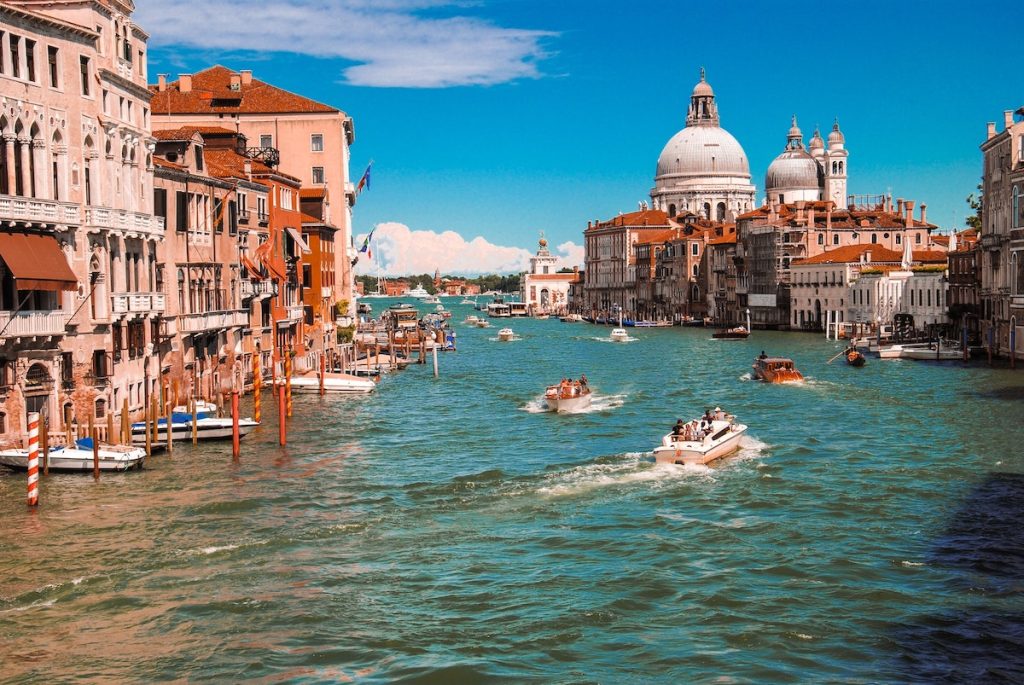Southern Europe is a haven for culinary delights, with each region showcasing its unique flavors and gastronomic traditions. The sun-kissed vineyards of Italy and the seafood-rich coasts of Portugal exemplify the rich diversity of this region. Exploring these areas offers a perfect opportunity to delve into the heart of Southern European cuisine, where local specialties and age-old culinary secrets come together to create a distinct and unforgettable gastronomic experience in each country.
Table of Contents
Italian Culinary Excellence: A Journey Through Regions
Italy, known for its rich culinary heritage, offers a diverse palette of flavors that vary significantly from region to region. Italy tours often begin in the north, where regions like Piedmont and Lombardy are famous for their truffles and risottos. Moving to the central part of Italy, Tuscany enchants with its Chianti wines and sumptuous olive oils, while Umbria offers a rustic charm with dishes centered around lentils and pork.
As you travel further south, the flavors intensify with the vibrant and robust cuisine of regions like Campania, home to Naples, the birthplace of pizza. Sicily, with its unique blend of Italian and Mediterranean influences, offers a culinary experience that includes seafood, citrus fruits, and sweet desserts like cannoli. An Italian gastronomic journey is not just about savoring the food but also about experiencing the passion and tradition that go into every dish.
Portugal’s Gastronomic Riches: A Coastal Culinary Adventure
On the other side of the Iberian Peninsula, Portugal’s cuisine tells a story of its maritime history and rich cultural influences. Private Portugal tours offer an intimate look at the country’s diverse culinary scene. The coastal areas, especially the Algarve, are renowned for their seafood dishes like cataplana (seafood stew) and grilled sardines, fresh from the Atlantic.
Lisbon, the capital city, is a melting pot of flavors where traditional dishes such as bacalhau (salt cod) and pastéis de nata (custard tarts) can be found. In the northern regions, the city of Porto not only offers its famous Port wine but also rich, hearty dishes like Francesinha, a unique sandwich smothered in cheese and a tomato-beer sauce. The Douro Valley, with its stunning terraced vineyards, is a must-visit for wine enthusiasts, offering a chance to taste some of the country’s most exquisite wines.
Local Markets and Cooking Classes: Immersive Culinary Experiences
Both Italy and Portugal offer immersive culinary experiences that go beyond restaurant dining. Local markets, such as Florence’s Mercato Centrale or Lisbon’s Mercado da Ribeira, are culinary playgrounds where visitors can taste local cheeses, cured meats, and artisanal bread. These markets provide insight into the everyday culinary practices of locals and are an excellent place for foodies to explore.
Cooking classes are another way to dive into Southern European gastronomy. In Italy, you can learn to make pasta from scratch in a Tuscan farmhouse, while in Portugal, cooking workshops might include mastering the art of seafood preparation or baking the perfect pastel de nata. These experiences not only enhance culinary skills but also provide a deeper understanding of the cultural significance behind the food.
In conclusion, a gastronomic adventure in Southern Europe is a journey filled with discovery, flavor, and age-old traditions. Exploring the diverse regional cuisines of Italy and uncovering the culinary secrets of Portugal offer rich and varied experiences that mirror their history and landscapes. Every meal, market visit, and cooking lesson in these destinations provides a deeper understanding and appreciation of the soulful culinary heritage unique to this enchanting region of Europe. This exploration of taste not only satisfies the palate but also weaves a narrative of cultural interconnectedness, highlighting how food can be a universal language that bridges communities. Furthermore, each dish, from the simplest to the most elaborate, tells a story of the land, the people, and the passion that drives Southern Europe’s enduring love affair with food.





